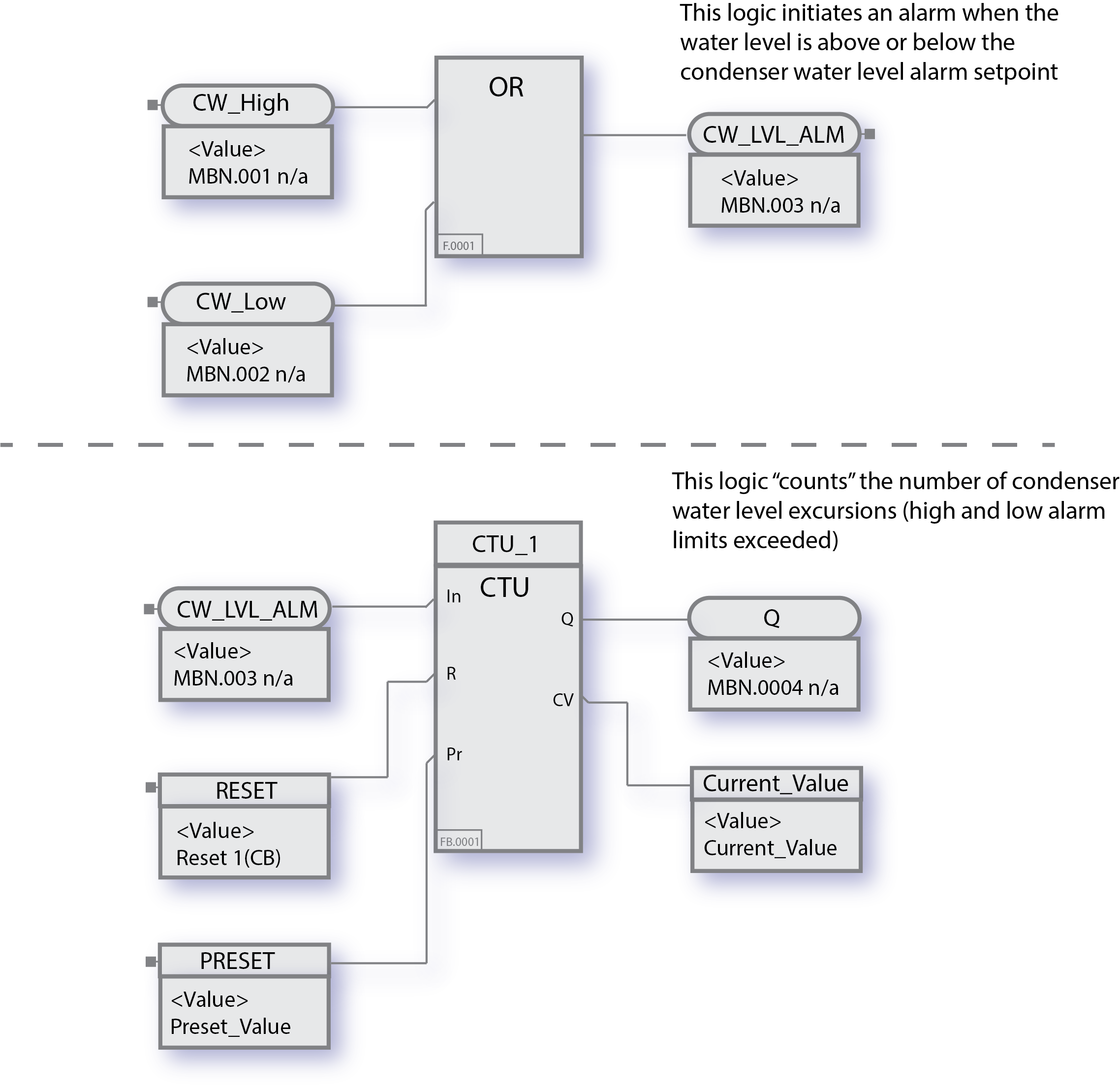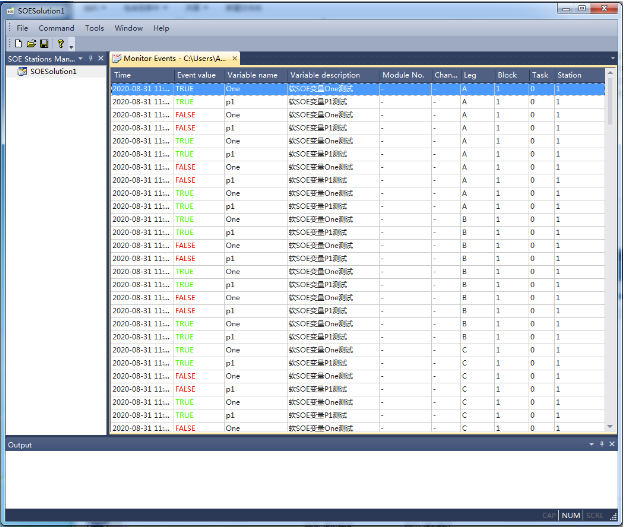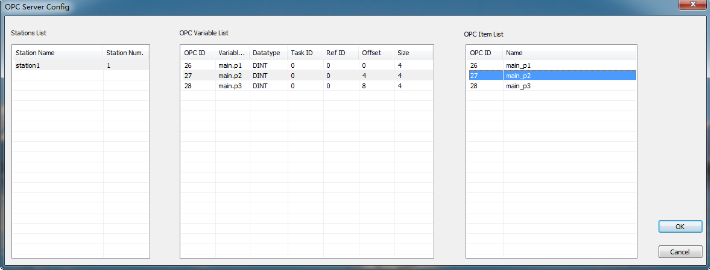Program
Configure and Program TSxPlus
Configure and Program TSxPlus
Programmed Event Collection and Reporting
TSxPlus Diagnostics Monitoring
OPC Server
Architect TSxPlus Program
In Architect Program, users can develop, test and document safety-critical and process-control applications.
The Architect Programming application is used to write control programs, configure TSxPlus I/O, compile the source project, emulate and test the program, download the project to the TSxPlus (both offline and online), as well as view and manipulate the running program (disabling, forcing, and enabling variables).
Users write programs using IEC61131-compliant tools that include: function blocks and function block diagrams, ladder design, and structured text.
The Architect Program runs on a Windows operating system.

Architect TSxPlus Event
Storing and accessing sequential event data is critical in troubleshooting and diagnosing abnormal operating conditions and process trip events.
Architect Event is an event collection software that runs within the Windows operating system and is used to access, display, and report sequential event data stored within the TSxPlus controller.
Users can conduct offline event investigations of TSxPlus event data using simple commands such as “find,” “sort,” and “filter” of the captured events and then use the Event software to create easily readable event reports.

Architect TSxPlus Monitor
The Architect TSxPlus Monitor is a Windows based software application that connects to the TSxPlus controller using a proprietary communications protocol.
The TSxPlus Monitor application provides hardware diagnostic reporting, hardware and firmware version reporting, system event collection, as well as user password configuration and access.

Architect TSxPlus Server
The Architect TSxPlus Server software application runs under the Windows operating system and connects directly with the TSxPlus controller using a proprietary communications protocol.
The TSxPlus Servcer application is used to exchange TSxPlus controller and process data with any third-party application that supports the OPC Client protocol.
Data exchange includes variable reading and writing, an operation log record, access/operation privilege configuration, user control, etc.




